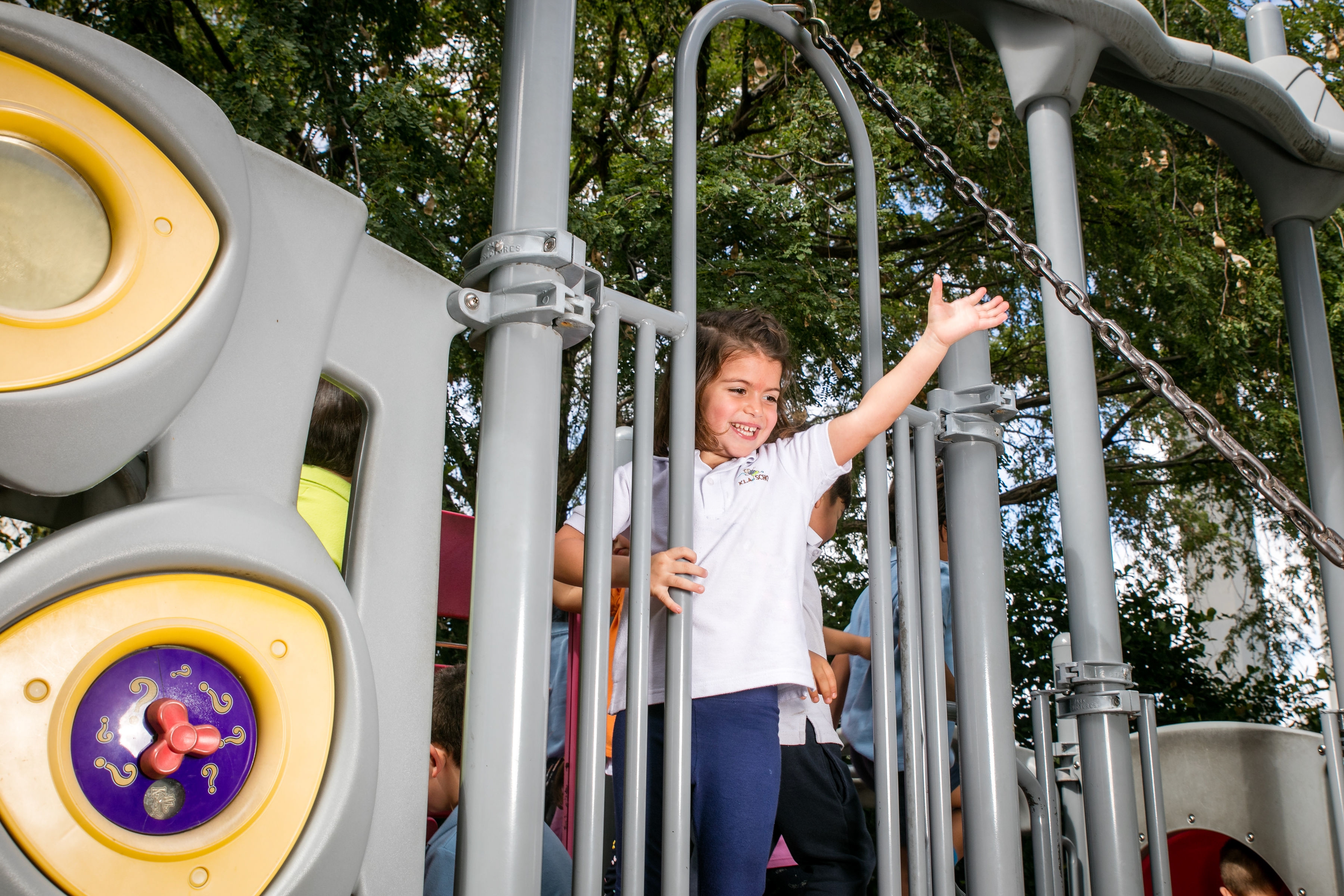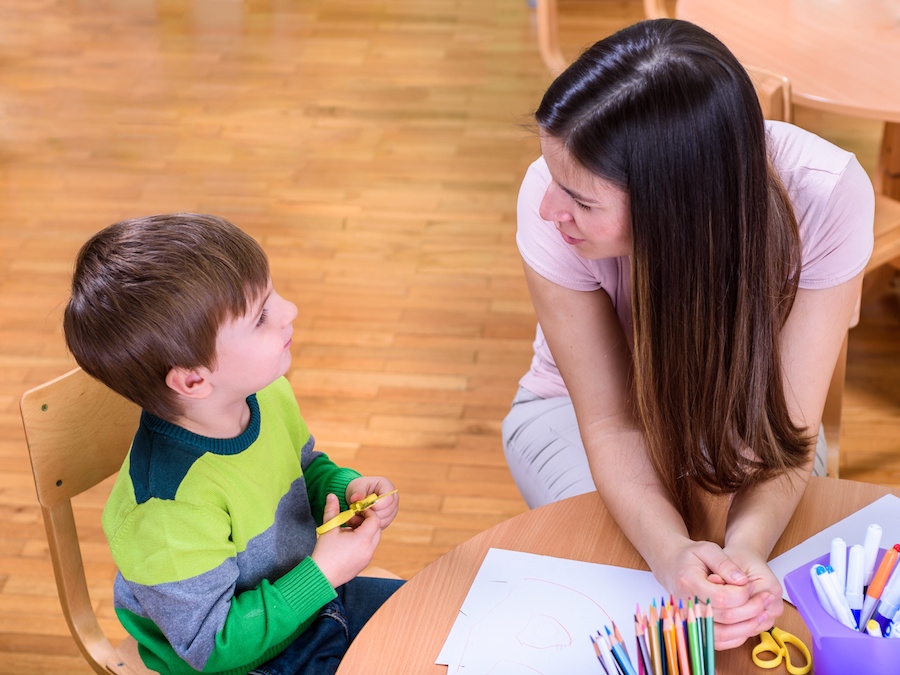All About Conscious Discipline
Topics: Parenting
Age Range: Preschool
The best way to discipline a child is something all parents think about. What is the best way to show your child the correct way to behave without ordering them around? Is it using conscious discipline or discipline with love? How can you teach your child to behave properly because they know it’s right?
Conscious Discipline is an emotional intelligence program where children learn to express their emotions, resolve problems with words, and work with others. It was developed by Dr. Becky Bailey, an author and early childhood educator. It is designed to create an environment where the motivation to behave comes from the nature of the relationships a child has with others.
Benefits of Conscious Discipline
One of the main messages of Conscious Discipline is that when people feel loved and valued, cooperation flourishes. Whether it’s used in an Aventura daycare classroom or home environment, the goal is to help your child connect with those around them, and develop caring relationships. This way, they can modify their behavior due to their own feelings about themselves and others, rather than simply reacting to what an adult tells them to do. Instead of using punishment and rewards, Conscious Discipline encourages problem-solving, cooperation, and acceptance.
In doing this, your child can learn how to problem-solve, become more accountable for their own behavior, and gain self-control.
How to use Conscious Discipline at home
Because Conscious Discipline is focused on creating strong relationships, parents and caregivers can participate as well. Here are some ways you can use Conscious Discipline at home:
- See the situation from your child’s perspective. Being able to see an event through your child’s eyes can help you to respond appropriately, and can help inform the way you deal with the situation.
- Offer closed-end choices. Letting your child participate in the decision-making process can help them feel a sense of control and practice collaborative problem-solving. However, a limited amount of choice is easier for a young child to handle. For example, you can say, “Do you want to brush your teeth first, or put on your pajamas?”
- Set rules beforehand. When your child knows what to expect, they can feel secure, and you have a shared frame of reference. For example, when getting ready to run errands, you can say, “I won’t be buying any candy today, but you can bring a snack from home. Would you like crackers or fruit?”
- Plan ahead to avoid difficult situations. Thinking about possible scenarios can help you prepare, or avoid difficult circumstances altogether. For example, you may realize that your trip to visit family will mean your child will have a later than usual bedtime, which could make them more prone to tantrums.
- Remain calm. Though keeping calm can seem difficult at times, it is an important thing to practice. This way, you are less likely to lose your temper, or give in and break the rules you set for your child. Model proper behavior and emotional control for your child as often as you can.
Conscious Discipline aims to help children express their feelings, regulate emotions, problem-solve through an issue, and create strong connections with others. In this way, your child can learn appropriate behaviors based on their relationships, and understand what is expected of them.

